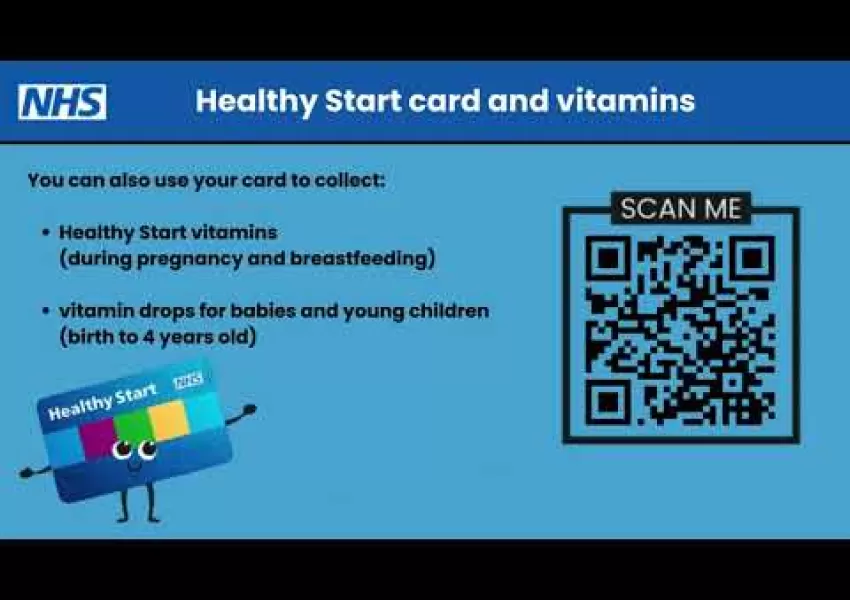Healthy early years
Immunisations
It’s important that vaccines are given on time for the best protection, but if you or your child missed a vaccine, contact your GP to catch up.
Immunisation is the most effective method of preventing certain diseases to protect and maintain the health of the local population. Barnet public health team is working closely with UK Health Security Agency, NHS England and other key partners to increase immunisation rates across the borough.
When should my baby be vaccinated?
It's important that your baby has their vaccinations at the right age – the first ones are offered at 8 weeks old. They'll be offered further doses of these immunisations when they're 12 weeks and 16 weeks old. Other vaccinations are offered:
- between 12 and 13 months of age
- from 2 years of age
- from age 3 years 4 months
- in primary school
- in their teenage years
Routine vaccines are offered free on the NHS according to an immunisations schedule. If a child has missed a vaccine, make sure to contact your GP or practice nurse.
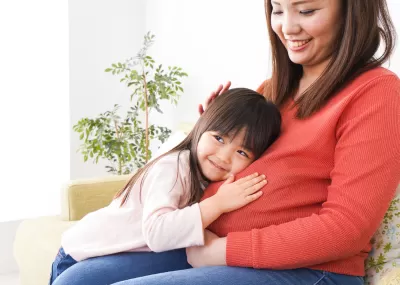
Giving families a healthy start with the NHS Healthy Start Scheme
Making sure young families have access to healthy food and essentials shouldn’t be a struggle. That’s where the NHS Healthy Start scheme comes in! It’s a brilliant programme that helps pregnant people and families with little ones buy nutritious…
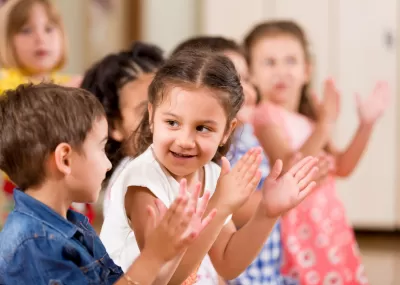
Indoor Activities for Kids
We have loads of free indoor games and activities for children so they can still get enough daily physical activity– even when they cannot get outside! Click below to find out more.
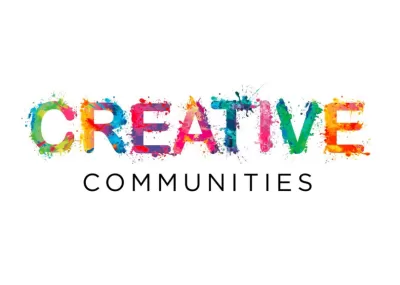
Creative Communities events
Creative Communities is a Barnet Council initiative, led by the Library Service to deliver a programme of events, activities and experiences for local residents in Barnet. A wide range of exciting events are planned and delivered for children, teens and adults.

Perinatal mental health
Perinatal mental health (PMH) problems are those which occur during pregnancy or in the first year following the birth of a child. Examples of perinatal mental health problems include antenatal and/or postnatal depression, anxiety, obsessive compulsive disorder, postpartum psychosis and post-traumatic stress disorder (PTSD).
There are a range of services available in Barnet to provide support for Perinatal mental health. You can find out more by clicking below.
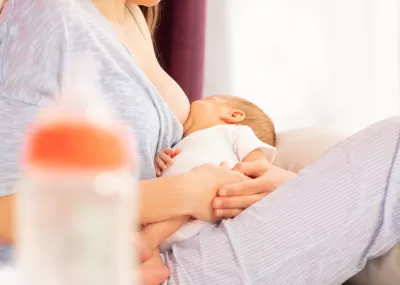
Breastfeeding
Human breast milk provides all the nutrients and fluid intake a baby needs for healthy growth and development for the first six months of life. Barnet offers free infant feeding support through a range of baby clinics and drop-in support sessions across the borough.
For breast feeding support: Email: Barnet Breastfeeding Support Service: hcp4b.bfsupportteam@nhs.net
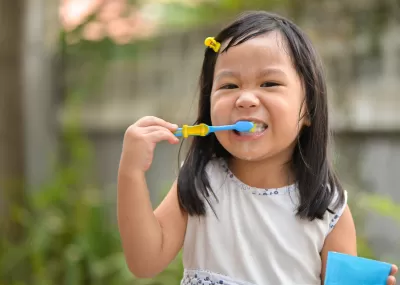
Brushing your Teeth
Tooth decay is the most common oral disease affecting children and young people in England, yet it is largely preventable. Children who start brushing with a fluoride toothpaste in infancy are less likely to experience tooth decay than those who start brushing later.
Find out more by clicking tab below.
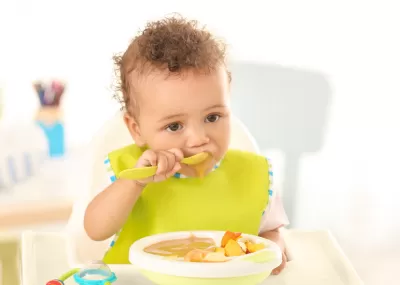
Fussy Eaters
It's natural to worry whether your child is getting enough food if they refuse to eat sometimes. But it's perfectly normal for toddlers to refuse to eat or even taste new foods.
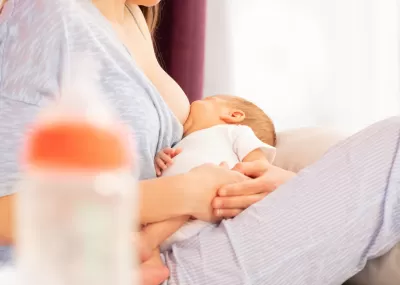
Breastfeeding Welcome Barnet
Mothers have the legal right to breastfeed anywhere. Barnet Council's Breastfeeding Welcome scheme helps mothers find welcoming places to breastfeed when they are out and about in the borough.
Local businesses in the scheme will display window stickers letting mothers know they are supported to breastfeed.

The Barnet Health Visiting Service
The Barnet Health Visiting Service is there to give confidential advice and support to parents/carers and families with children under the age of 5. They provide health promotion advice to parents and carers to ensure that children reach their full health and developmental wellbeing, as well as advice and support for parental emotional health and wellbeing.
Healthy Start
If you’re more than 10 weeks pregnant or have a child under 4, you may be entitled to get help to buy healthy food and milk. If you’re eligible, you’ll be sent a Healthy Start card with money on it that you can use in some UK shops. Money will be added to this card every 4 weeks. You will get:
- £4.25 each week of your pregnancy from the 10th week
- £8.50 each week for children from birth to 1
- £4.25 each week for children between 1 and 4
Your money will stop when your child is 4, or if you no longer receive benefits. You can use the card in participating local shops and supermarkets on milk (cow's milk and infant formula) and plain fresh or frozen fruit and veg (with nothing else added), and fresh, dried and tinned pulses. Plus you’ll also get access to free vitamins.
Healthy Start vitamins
Ask your midwife or health visitor where to get your free vitamins.
To collect your free vitamins, you’ll just have to show your Healthy Start card.
In Barnet you can also collect free vitamins if you are an asylum seeker or refugee from one of our local children’s centres in Barnet. Talk to your nearest children’s centre to find out more.
Please visit the healthy start website for more information.
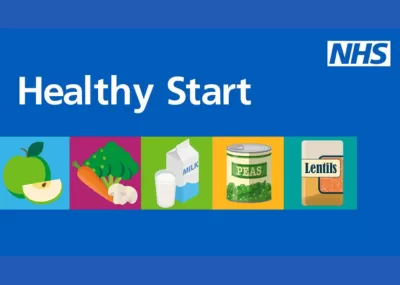
Play safely
Play is a natural part of childhood and contributes to supporting a child’s physical and emotional well-being, growth, learning and development. Playing helps a child make sense of the world around them, working through emotions, experiences and building supportive relationships.
Useful Links:
Look out for local events in Barnet for your family:
- Library events | Barnet Council
- Creative Communities | Barnet Council
- Children's Centres in Barnet | Barnet Council
- Fit & Active Barnet Hub (better.org.uk)
Ideas for play for all your family:
- Baby and toddler play ideas - NHS (www.nhs.uk)
- Resources for early years, primary and secondary schools. | National Literacy Trust
- Tate Kids
Here is some advice on how to stay safe when at play:

